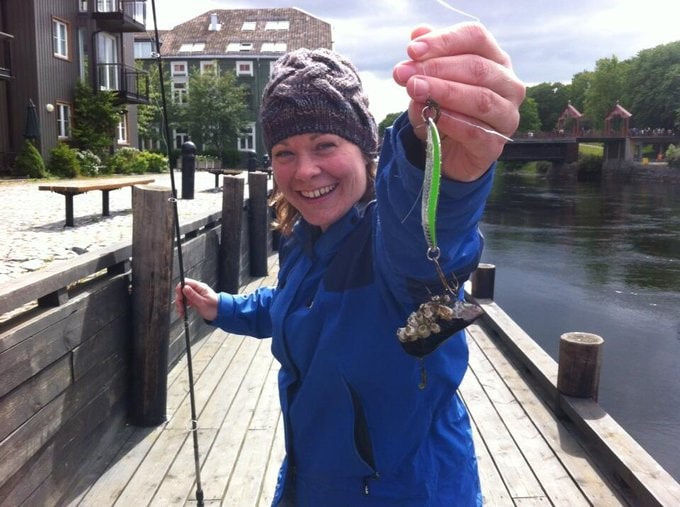Ecohydrology (or hydroecology as we say in the UK!) represents only one of the linkages in the wider field of eco-hydromorphology which takes a more integrated approach to understanding the interrelations between ecology and physical habitat (hydrology-geomorphology).
(see the paper by Vaughan et al. for a nice outline of the discipline https://onlinelibrary.wiley.com/doi/abs/10.1002/aqc.895 )
What are your undergraduate and graduate degrees in?
My undergraduate degree is in Ecology & Conservation from Sussex University, England. I have a MSc in Biology of Water Resource Management from Napier University, Scotland. My PhD was in hydrology-geomorphology-ecology linkages in newly formed rivers following deglaciation in Glacier Bay National Park, Alaska, undertaken at the University of Birmingham, England.
How did you arrive at working in/thinking about ecohydrology?
I worked as an ecologist for nearly 10 years after my MSc degree, including a stint as a Fisheries Biologist for England’s environmental regulator (Environment Agency) and as an ecologist for a private water company before leaving industry for academia. While the lure of a non 9 to 5 job was part of the appeal for this change, I was also frustrated by the lack of scientific understanding of hydrology-ecology interactions. In particular, the scarcity of scientific evidence relating to flow- ecology relationships was preventing sound water resource management policies from being developed to the detriment of river ecosystems. At the time, ecohydrology was a relatively new term, but I was immediately drawn to the research area as I could see how the discipline could provide the knowledge we need to develop evidence-led environmental policies.
What do you see as an important emerging area of ecohydrology?
I continue to be drawn to the outer fringes of research, where disciplines interact. I’m increasingly realizing the importance of ecosystem integrity in providing ‘nature based solutions’ to help tackle the myriad of socio-environmental challenges (flood risk, climate change, water security, food production) we are facing. Ecohydrology is once again only one linkage in a wider water-food-energy nexus, and I would love to see a stronger ecohydrological presence in these discussions.
Do you have a favorite ecohydrology paper? Describe/explain.
I always return to LeRoy Poff et al.’s 1997 paper on the natural flow regime as it so eloquently highlights how a river’s flow regime is of central importance to determining ecological integrity.
(https://www.jstor.org/stable/1313099?seq=1#metadata_info_tab_contents).
What do you do for fun (apart from ecohydrology)?
I love making things (sewing, greenwood furniture, culinary experiments), playing the violin and softball and exploring new places

 RSS Feed
RSS Feed